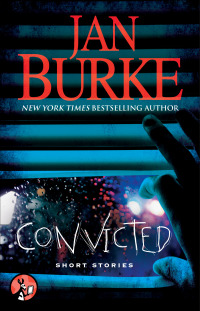How the World Was: A California Childhood by Emmanuel Guibert
 Friday, October 10, 2014 at 9:14AM
Friday, October 10, 2014 at 9:14AM 
Published by First Second on July 15, 2014
This is an English translation of a work first published in French. Unlike a typical graphic novel that uses dialog balloons, How the World Was is more of an illustrated short story. Sometimes text appears in the same panel as an image; sometimes blocks of text take up panels or pages that alternate with panels or pages consisting only of images. Some of the images depict the scene described in the text while others add background. They tend to be studies in contrasts: quiet streets of the 1930s versus modern freeways, unspoiled nature versus the urbanization that replaced it. The pictures serve as pauses between the short blocks of text, creating the feel of a documentary.
The first person narration tells the childhood tale of a boy born in 1925 as he grew up in Southern California -- a simpler California than the one that exists today. His quiet memories are occasionally updated to let the reader know what happened to friends and relatives (mostly, they died "in poverty and in sorrow"). Some of the images are drawings of family photographs and in many ways, the story is the narration of a family album.
The story is told in a gentle, honest voice that accentuates its depth of feeling. Reading How the World Was is like listening to a beloved grandfather explain the joys and hardships of his family's life and his own awe of the ever-changing world. The narrator has learned to live with grief but the grief lives on in his memory. He cannot change the hard times -- that's how the world was -- but they have taught him to appreciate life. When he quotes Rodin's belief that artists experience pain as well as "the bitter joy of being able to comprehend and express it," Emmanuel Guibert is clearly talking about the effort he devoted to this volume. How the World Was is a surprisingly moving story and a remarkably effective feat of graphic storytelling.
RECOMMENDED


